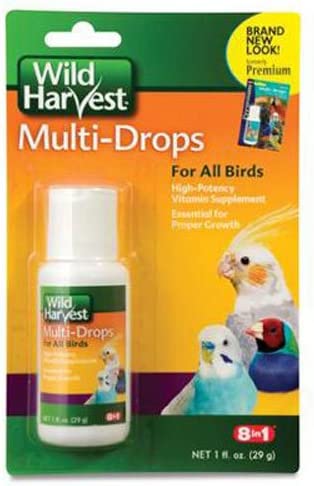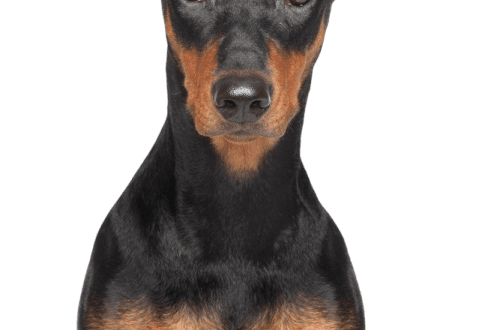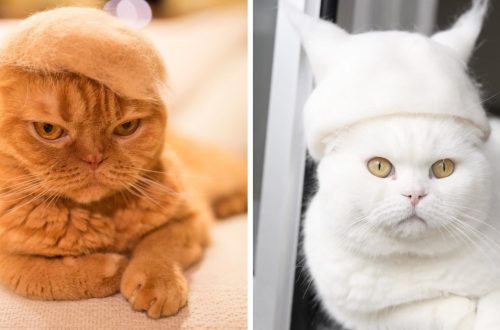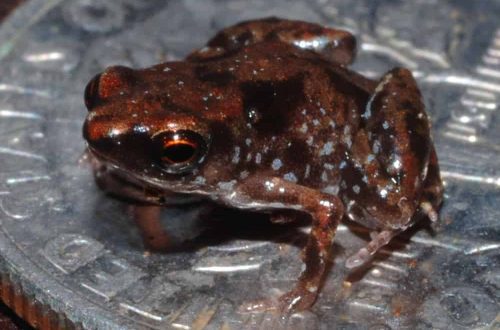
Vitamins for budgerigars – the key to proper diet and bird health
Budgerigars are probably the most common bird for home keeping. These cheerful and funny birds are kept by many, and everywhere they become favorites of the whole family. Parrots, like all other animals, need proper nutrition. Their health and life depend on it. This article will discuss vitamins for budgerigars, the presence of which in food will ensure a long and healthy life for pets.
What role do vitamins play?
Vitamins and minerals involved in many life processes. But in every living organism they act differently. Let’s analyze the effect of each vitamin on the body of budgerigars. So:
- vitamin A. Needed for growth. If this substance is not enough in the body of a budgerigar, then there are violations of the mucous membrane of the eyes, respiratory and reproductive organs, and the digestive system. All this leads to insufficient secretion of mucus and a decrease in the immune defense of the respiratory tract;
- vitamin D. It is necessary for normal bone growth, for the formation of eggshells and much more. Due to the lack of this substance, a deterioration in the general physical condition of the parrot can be observed.
- vitamin B1. The lack of this component leads to a deterioration in appetite and general indigestion. There may also be convulsions, and even paralysis of the limbs. If there is a severe deficiency of this vitamin, then the damage to the entire nervous system of the parrot will begin.
- vitamin B2. With its shortage, there is a deterioration in growth and a deterioration in the condition of plumage. There is also liver dysfunction.
- vitamin E. Its lack will affect the possibility of reproduction and the health of future chicks.
- vitamin C. This is an important substance for bird immunity. But it is fully synthesized in the body of parrots (of course, if the diet is correct and well balanced).
What trace elements are needed for parrots
In addition to vitamins, for the health of a feathered pet, other substances and elements. Namely:
- calcium. This element is very important for the growth of bird bones. The feed must contain additives with a high content of this substance.
- phosphorus and magnesium. These elements also affect the growth of bones, but, as a rule, their amount in the feed is always sufficient.
- potassium. A substance that affects the regulation of water content in tissues and protein metabolism.
- iron and copper. They are necessary for the processes of hematopoiesis. These substances are contained in sufficient quantities in grain feed, so parrots do not lack them.
- sulfur. This substance is part of many proteins. Sulfur is essential for molting and rearing chicks. Deficiency can lead to poor growth of feathers, beak and claws.
- iodine. It is necessary for the normal functioning of the thyroid gland.
All these vitamins and microelements must be present in sufficient quantities in the feed of parrots. Therefore, it is necessary in every way diversify their diet.
What to feed parrots?
The main food for parrots is considered grain mixture. Such food, if it is of high quality, contains a sufficient amount of vitamins and minerals. But this does not always happen. Many zoological shops sell grain mixture made almost in a handicraft way. And this means that it may not contain all the useful substances in sufficient quantities. Therefore, it is necessary to diversify the diet of parrots as much as possible.
As a top dressing the following components are used:
- sprouted grain;
- nuts and seeds;
- fruits and vegetables;
- porridge;
- dairy products;
- branch feed;
- gastroliths and mineral supplements.
You can grow your own grain. For these purposes, all grain crops that are included in grain mixtures for feeding are suitable. But you need to be careful adding sprouts to your diet. For parrots, such an additive can be a signal for reproduction.
Nuts and seeds often present in mixtures, especially imported ones. If the purchased food does not contain them, then you can add them to the diet yourself. Parrots perfectly eat walnuts and pine nuts, hazelnuts and pumpkin seeds.
Fruits and vegetables are present in the diet of wild parrots. Therefore, they must be given to pets. Parrots eat almost all fruits, both exotic (kiwi, pineapple, bananas) and local (apples, pears). The same applies to vegetables. Birds will gladly treat themselves to pumpkins, squash, cabbage, cucumbers, tomatoes and other guests from the garden.
Very important carefully wash all fruits and vegetables. This is especially true for purchased ones, because they are often covered with wax for safety. Therefore, it is better to use soap here. Especially carefully it is necessary to wash those products that cannot be peeled (grapes, tomatoes).
But there are some limitations. Budgerigars should not be given potatoes, avocados, parsley and other herbs. These products contain various oils and substances that can harm birds. It is also not advisable to feed your pets with candied fruits and dried fruits.
Dairy products do not play such a significant role. They are added to the diet as a treat or as a breeding supplement. The lactose contained in such products is not digested by birds.
As a supplement to the bird’s diet, cereal cereals can be given to parrots. They add grated vegetables or honey. Bean porridge is very healthy for pets, but cooking them requires effort. Beans should be soaked before cooking, preferably overnight.
Branch feed must be present. Branches of apple trees, cherries, birches and other trees give the parrot the necessary trace elements and fiber. The latter is involved in the process of digestion.
Gastroliths – These are small stones that are swallowed by birds to grind food. And as mineral supplements, you can use crushed eggshells. If the parrot is not accustomed to such an additive, then other foods rich in calcium are added to the diet. These include nettles, beets, spinach, broccoli, green mustard.
In addition to all of the above, in pet stores you can buy ready-made complexes of vitamins and trace elements. There are many such additives on the market today. Experts recommend purchasing complexes in liquid form. This will make it easier to determine the dosage, because the health of the pet will be affected not only by the lack of vitamins, but also by their overabundance.





